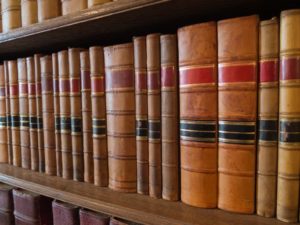John Dewey’s classic book on education, “Democracy and Education,” is one of the indispensable contributions to civics that we’d do well to be revisit in our present time. A timely reminder of this appears in Inside Higher Ed, in an article by three Professors who report some of the interesting points from a daylong conference recently held in Columbia about democratizing the Great Books.
Years ago our keynote speaker, the political philosopher Danielle Allen, grappled with that very question as she taught Great Books courses to night students at the University of Chicago. The Declaration of Independence became the sole text for one of those seminars, as she invited the students to join her in parsing each line of the countrys founding document. Allen explained in her book Our Declaration, I wanted my students to claim the text. I wanted them to understand that democratic power belonged to them, too, that they had its sources inside themselves. I wanted them to own the Declaration of Independence.
Ownership of the democratic tradition is key to a civic education. Allen understood that if students formed a personal relationship with a text, if they acquired it as a work that awakened their own civic intelligence, they would move from passive recipients of a heritage that they didnt believe was theirs to active participants in shaping their countrys democratic future.
The authors go on to report some hopeful developments, in which programs across the country are working to spread the Great Word. The aim of such an education is to sufficiently acquaint people for whom the education we receive is inaccessible with the classical problems in ethics, morality, and civics.
Read their full post atInside Higher Ed

